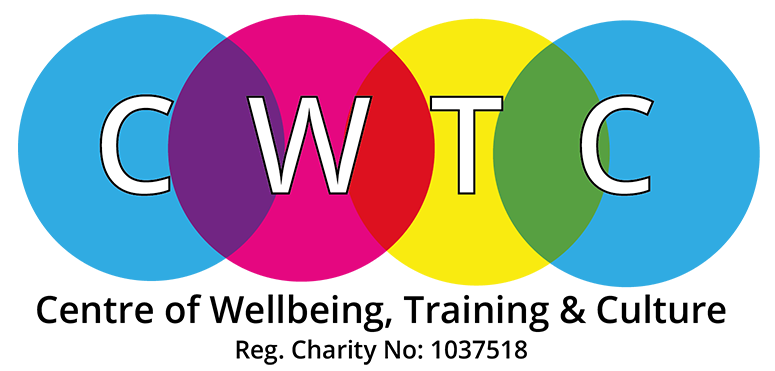Positive Relationships

Positive relationships are connections between individuals characterized by mutual respect, trust, support, and understanding. These relationships are marked by open communication, empathy, and a willingness to listen and compromise. In positive relationships, individuals feel valued, appreciated, and accepted for who they are, leading to emotional well-being and satisfaction. Positive relationships contribute to personal growth, resilience, and overall happiness, fostering a sense of belonging and connection with others.
Effective communication is essential for fostering healthy relationships. This outcome focuses on developing skills such as active listening, expressing thoughts and feelings clearly, and providing constructive feedback. By enhancing communication skills, parents and children can better understand each other and resolve conflicts peacefully.

Empathy involved recognizing and understanding the motions and perspectives of others. In the context of parent-child relationships, this outcome emphasizes the importance of parents empathizing with their children’s feelings and experiences, as well as children understanding their parents’ perspectives. Cultivating empathy fosters deeper connections and strengthens bonds within the family.
Conflicts are inevitable in any relationship, including between parents and children. This outcome focuses on teaching constructive conflict resolution techniques, such as active listening, compromising, and finding mutually beneficial solutions. By learning how to resolve conflicts peacefully, parents and children can maintain positive relationships and strengthen their bond.
Clear boundaries and expectations provide structure and guidance within the family. This outcome involves establishing and communicating boundaries regarding behaviour, responsibilities, and consequences. By setting clear expectations, parents and children know what is expected of them, which helps to prevent misunderstandings and conflicts.
Parenting is a skill that can be developed and improved over time. This outcome focuses on providing parents with resources and strategies to enhance their parenting skills, such as positive discipline techniques, effective communication, and problem-solving skills. By continually improving their parenting skills, parents can create a nurturing and supportive environment that promotes positive parent-child relationships.


Recent Comments